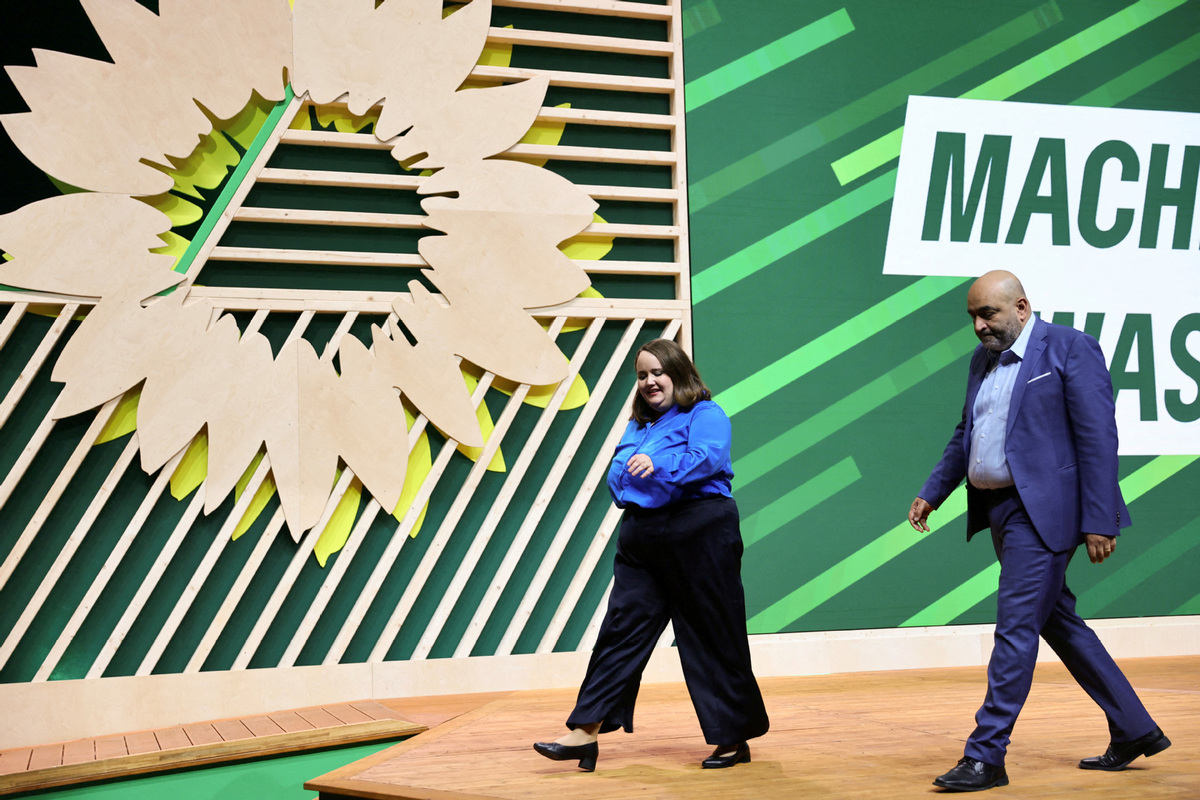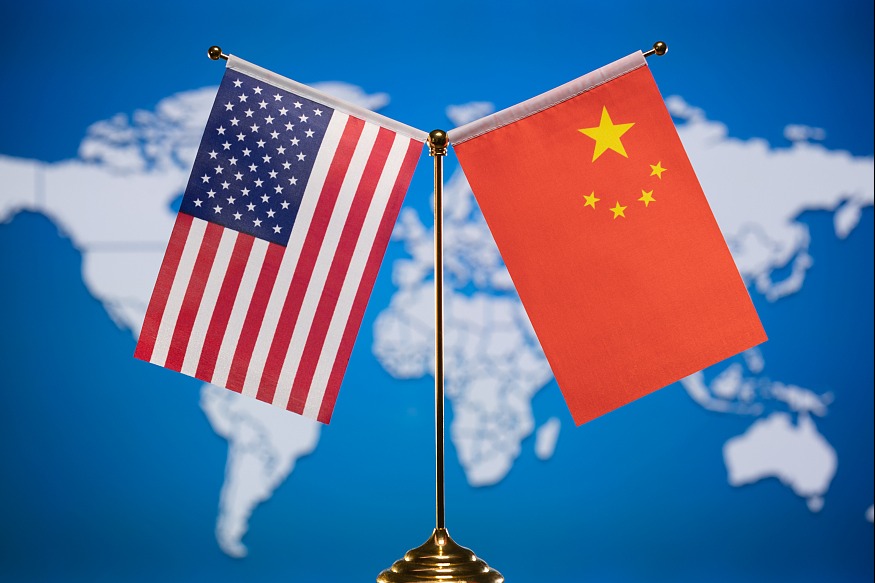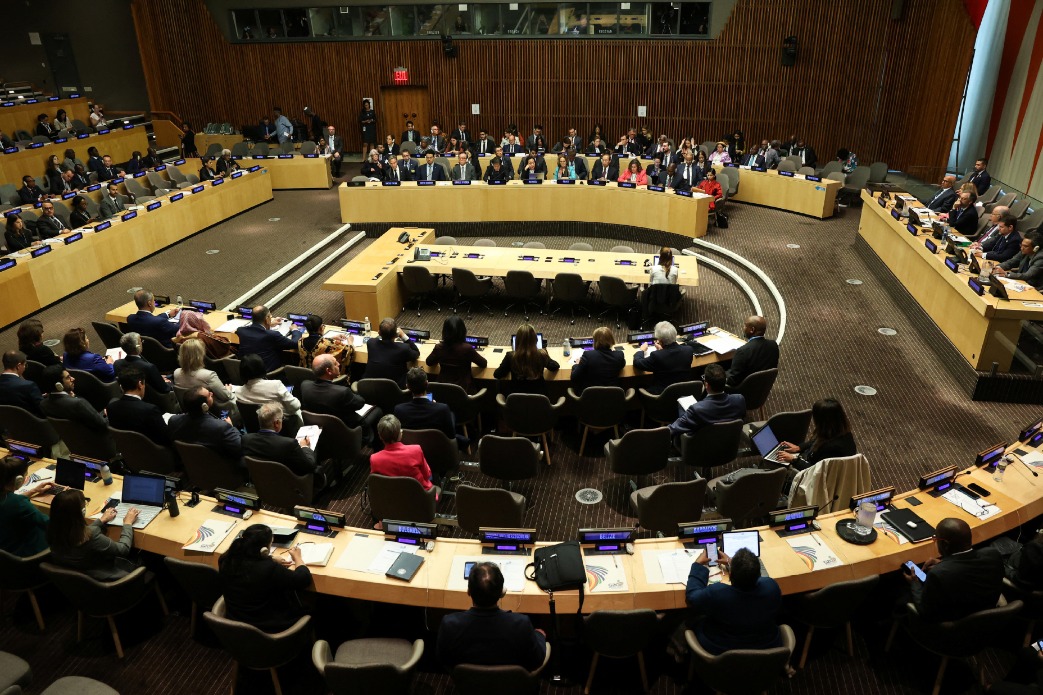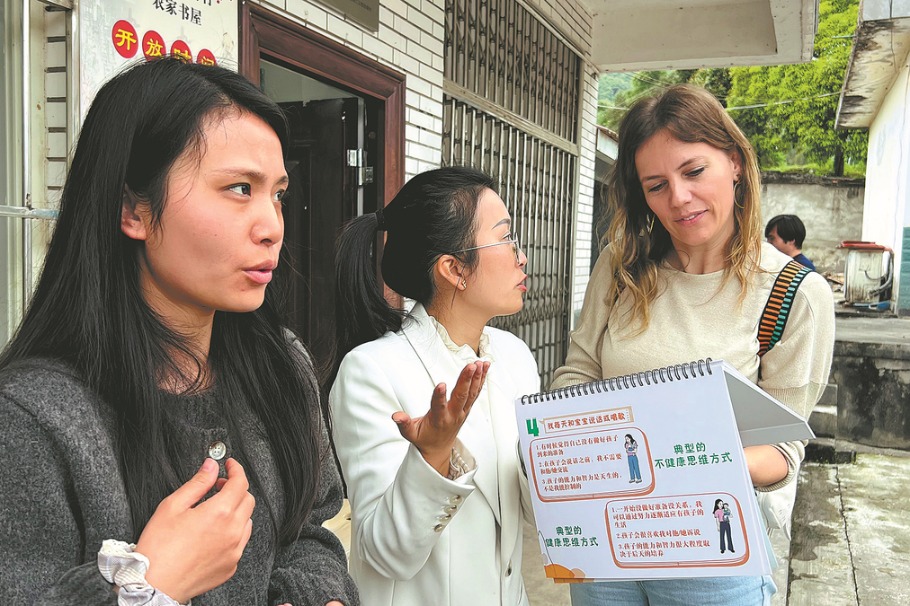Green Party leaders step down over poll defeats


The joint leaders of Germany's Green Party, which is a partner in Chancellor Olaf Scholz's coalition government, are to step down following disappointing recent local election results, which they say shows the party needs a reset.
Although Ricarda Lang and Omid Nouripour do not hold positions in the government, where the senior Greens are Minister for the Economy Robert Habeck and Foreign Minister Annalena Baerbock — the previous joint party leaders — their announcement will be a blow to the coalition.
Its opinion poll ratings are at a record low, and Scholz personally has the lowest popularity rating ever seen for a chancellor.
Germany's Green Party was a trailblazer for others across Europe but after years of growth, its support has tailed off, with the result of the recent local election in Brandenburg state being the latest setback.
It claimed just 4.1 percent of the votes, below the 5 percent threshold needed to be included in the state parliament. At the same time, the populist far-right Alternative for Deutschland party and fledgling populist leftists the Sahra Wagenknecht Alliance saw their support continue to grow.
"It is time to lay our beloved party's fate in others' hands," said Nouripour, who along with Lang will remain in his position until the party's conference in November. Brandenburg, he added, was "evidence of our party's deepest crisis for a decade… it is necessary and it is possible to overcome this crisis…a new beginning is needed".
"You can imagine that this decision isn't easy, but we are taking it out of conviction," added Lang. In the run-up to the 2021 elections for Germany's parliament, the Bundestag, public support over issues such as climate change pushed Green Party support to new heights.
But since entering government it has found itself facing major challenges on issues such as the energy crisis, which have led to critics accusing it of trying to force its beliefs on an unwilling public through policies such as one promoting alternative domestic heating systems.
Against this background, and ahead of the 2025 Bundestag election, Lang said change was needed urgently.
"The Bundestag election next year is not just any election," she said.
"We will decide how Germany will develop in future and to some degree we will also decide what this country really wants to be: a country where we hold our course on climate neutrality and so protect prosperity and cohesion for today and tomorrow, or a country in which those who want only to go backwards on all of these fronts will succeed."
As one of the most high-profile Green politicians, Habeck accepted his responsibility for the disappointing electoral performance but looked forward to a proper debate about where the party should go next.

































